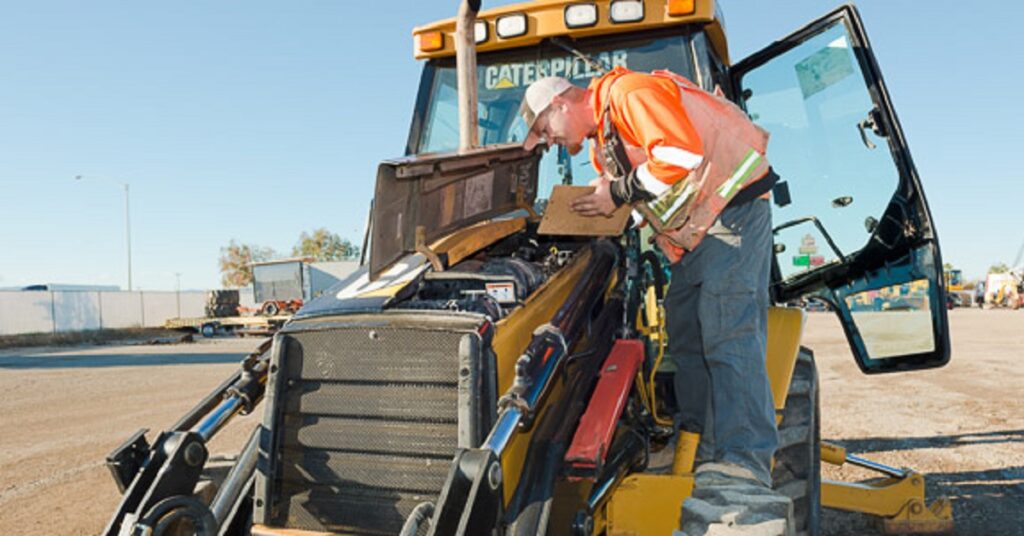In the bustling world of construction, gaining access to the right equipment is essential for completing projects efficiently and effectively. Nevertheless, purchasing heavy machinery outright can be a substantial financial commitment that may not fit every contractor's budget or project timeline. Here is where construction equipment leasing is introduced, offering a flexible and cost-effective solution to meet the changing demands of construction projects.
Exploring the leasing landscape, though, requires meticulous consideration. With a multitude of options available, it’s important for contractors to understand what to consider in a reliable construction equipment lease company. The right leasing partner can ensure that you have access to while also providing support in areas like maintenance and customer service. In this guide, we’ll explore the key factors to consider when selecting a leasing company, the important qualities that make a provider reliable, and the typical traps to avoid in order to make educated leasing decisions that reflect your construction goals.
Key Considerations for Choosing an Equipment Lease Company
When choosing a provider for leasing construction equipment, one of the primary aspects to consider is their image in the industry. Investigating reviews and testimonials from other clients can give you insight into the level of service and reliability you can expect. A provider with a strong history is more likely to supply dependable equipment options and assistance throughout your lease agreement.
Another crucial consideration is the variety and availability of equipment. Ensure the leasing company has the specific machinery you require for your projects, including the most modern models and technologies. A provider that regularly updates its stock can greatly enhance your productivity, guaranteeing that you have access to properly maintained and reliable equipment when you require it most.
Lastly, review the lease terms carefully. Seek out transparency in costs, including any potential hidden fees that could affect your financial plan. A reliable leasing company should clearly specify their terms and offer flexibility to meet the varying requirements of construction projects. This includes understanding the terms of maintenance, guarantees, and the overall longevity of the lease contract to ensure it meets your project requirements.
Evaluating Rental Agreements and Terms
As you exploring construction machinery rental opportunities, it is important to meticulously review the lease agreements you are offered. Look for well-defined conditions that outline the term of the lease, payment plans, and any options for extension or purchase at the termination of the term. Grasping these components helps confirm you understand your monetary commitment and how long the equipment will be at your service, permitting you to properly plan and finance for your initiative.
Another vital factor to consider is the maintenance and repair clauses included in the lease agreement. These clauses determine who is accountable for upkeep, routine servicing, and repairs during the lease term. A lease that offers comprehensive maintenance coverage can lower you considerable costs and prevent downtime during your work. Be sure to confirm what is included and whether there are any conditions on the use of the equipment that could influence your activity.
Lastly, pay careful attention to any hidden fees that could arise during the leasing period. Common issues include charges associated with early cancellation, excessive wear and tear, or late payments. Openness is crucial, so ensure the lease supplier transparently outlines all possible fees and penalties in the agreement. This diligence will assist you steer clear of surprises and ensure you are making a wise financial decision when renting construction machinery.
Avoiding Frequent Pitfalls in Equipment Renting
One of the most significant mistakes contractors make when leasing construction equipment is not thoroughly examining the lease terms. Failing to read and understand the fine print can lead to unforeseen costs and obligations that may not have been expected. look here to consider the lease duration, payment schedules, and any penalties for early termination before signing. Always make sure to clarify any ambiguous language with the lease provider to avoid misunderstandings later on.

Another common error is neglecting maintenance clauses in the lease agreements. Many contractors assume that maintenance is included but later find that they are responsible for upkeep and repairs. This neglect can lead to costly repairs and downtime that can affect project timelines. When reviewing lease terms, ensure you understand who is responsible for maintenance and what that entails to prevent any surprises down the line.
Lastly, many contractors neglect to check the standing of the equipment leasing company before entering into a lease. Working with a provider that has a history of poor customer service or hidden fees can significantly impact your project's success. Exploring the company's background, reading reviews, and asking for references can help you pinpoint trustworthy partners. By doing your due diligence, you can avoid potential issues and locate a leasing company that aligns with your project needs.
